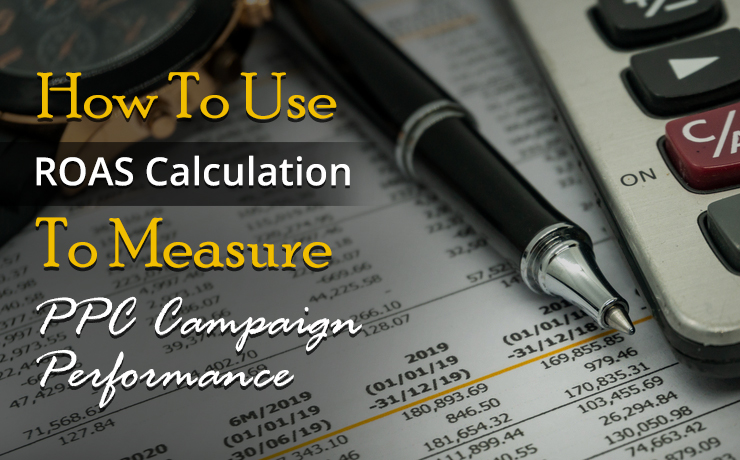How Do You Conduct Keyword Research For PPC Campaigns?

Clement Foo
Senior Digital Content Manager

Keyword research is like detective work for your PPC campaigns. It’s the process of finding the right words and phrases that your target audience is searching for, so you can create ads that will actually be seen by the people who are most likely to become your customers. But don’t worry, it’s not as hard as it sounds. In this article, we’ll take you through the steps of conducting keyword research for PPC campaigns.
Get To Know Your Target Audience
Before you start searching for keywords, you need to know who you’re searching for. Think about the demographics of your ideal customer – their age, gender, location, and income level. But don’t stop there, also consider their interests, pain points and the problems they’re trying to solve. Once you have a clear understanding of your target audience, you can start thinking about the keywords and phrases they might be searching for.
Use Keyword Research Tools
There are plenty of keyword research tools out there that can help you find relevant keywords and phrases. Some popular ones include Google Keyword Planner, SEMrush, and Ahrefs. These tools allow you to enter seed keywords (words or phrases that are related to your business) and generate a list of related keywords, along with data like search volume and competition level. This information will help you identify which keywords are most relevant to your business and that your target audience is searching for.
Spy On Your Competitors
Another great way to find relevant keywords is by analyzing your competitors’ keywords. By researching the keywords that your competitors are targeting, you can get a sense of which keywords are most important in your industry and what kind of content is resonating with your target audience. You can use tools like SEMrush and Ahrefs to get insight into your competitors’ keyword strategies.
Don’t Overlook Long-Tail Keywords
When conducting keyword research for PPC campaigns, it’s also important to focus on long-tail keywords. These are longer, more specific phrases that are less competitive and more likely to convert. For example, instead of targeting the keyword “shoes”, you could target “men’s running shoes” or “women’s hiking boots”. Long-tail keywords are typically less competitive, which means they’re less expensive to bid on and can drive more targeted traffic to your website.
Organize Your Keywords Into Ad Groups
Once you’ve identified your target keywords, it’s important to organize them into ad groups. An ad group is a collection of keywords and ads that are related to a specific theme or topic. For example, you might have an ad group for “men’s running shoes” and another ad group for “women’s hiking boots”. By organizing your keywords into ad groups, you can create more targeted ads and improve the relevance of your ads to the search query. In summary, keyword research is a crucial step in creating effective PPC campaigns. By getting to know your target audience, using keyword research tools, spying on your competitors, focusing on long-tail keywords, and organizing your keywords into ad groups, you can find the most relevant keywords for your business and drive more conversions. It’s like a treasure hunt, but instead of gold, you’ll be finding the words and phrases that will bring you the most valuable treasure of all – more customers.
 Free
Consultation
Free
Consultation Free
Google Ads Audit
Free
Google Ads Audit







